Is It Time to Stop Protecting the Grizzly Bear?
For decades, the grizzly bear has been a symbol of the wild and untamed American wilderness. However, as human populations continue to encroach on their habitats, the question arises: Is it time to stop protecting the grizzly bear?
Some argue that the grizzly bear population has rebounded in recent years thanks to conservation efforts, and that continued protection is necessary to ensure their survival. Others contend that the grizzly bear is no longer endangered and that their protection is hindering economic development in rural areas.
One of the main concerns surrounding the protection of grizzly bears is their impact on livestock and human safety. As their numbers increase, so do conflicts with ranchers and hikers, leading to calls for more aggressive management strategies.
On the other hand, many environmentalists argue that the grizzly bear plays a vital role in the ecosystem as a top predator, and that their protection should be maintained to preserve biodiversity.
Ultimately, the decision to stop protecting the grizzly bear is a complex and contentious issue that will require careful consideration of the ecological, economic, and ethical implications.
As we continue to grapple with the balance between human development and wildlife conservation, one thing is clear: the fate of the grizzly bear is inextricably linked to our own.
So, is it time to stop protecting the grizzly bear? The answer may not be simple, but it is a question that demands our attention and careful deliberation.
Only time will tell what the future holds for this iconic species, and whether we can strike the right balance between preservation and progress.
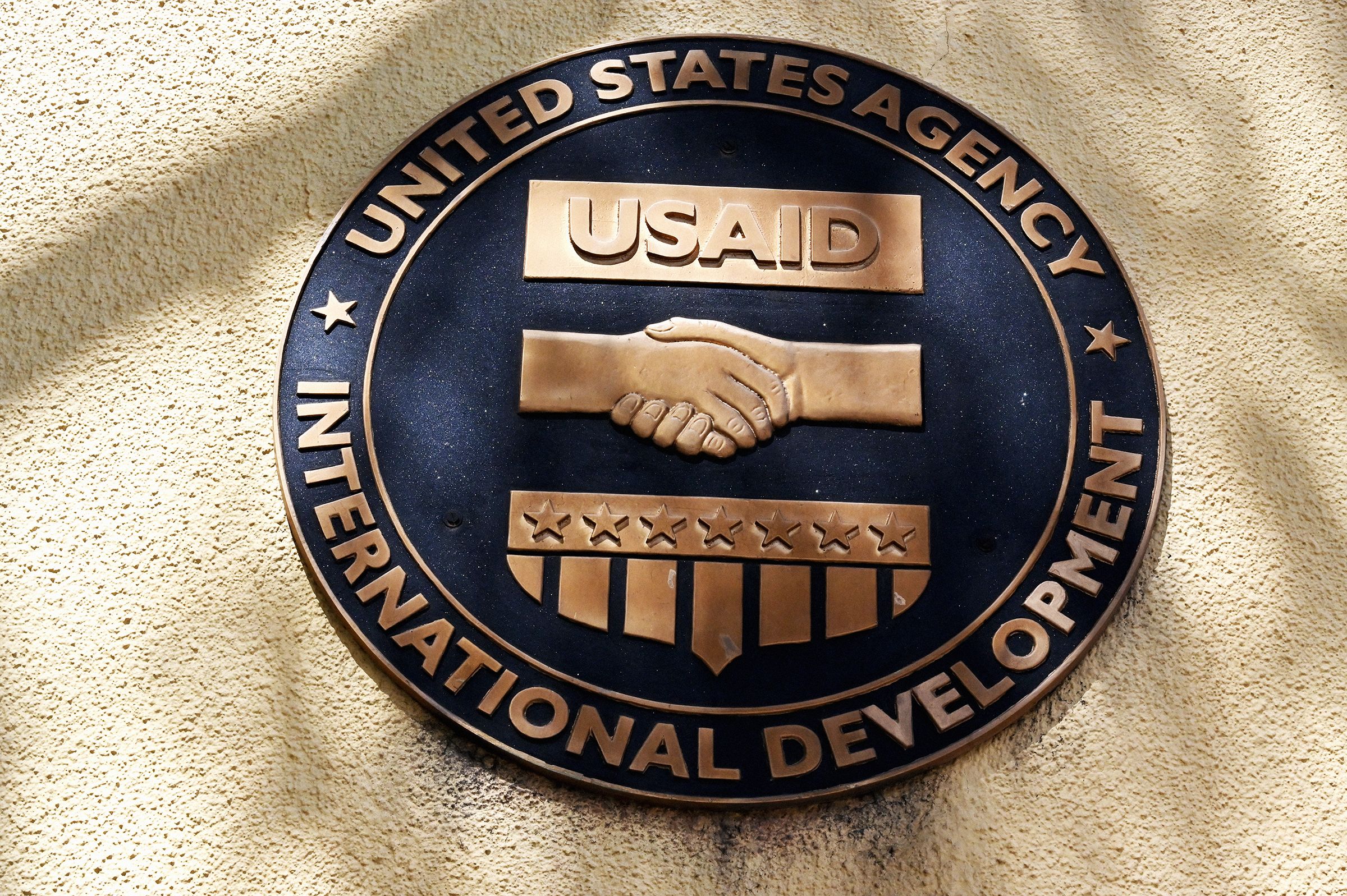
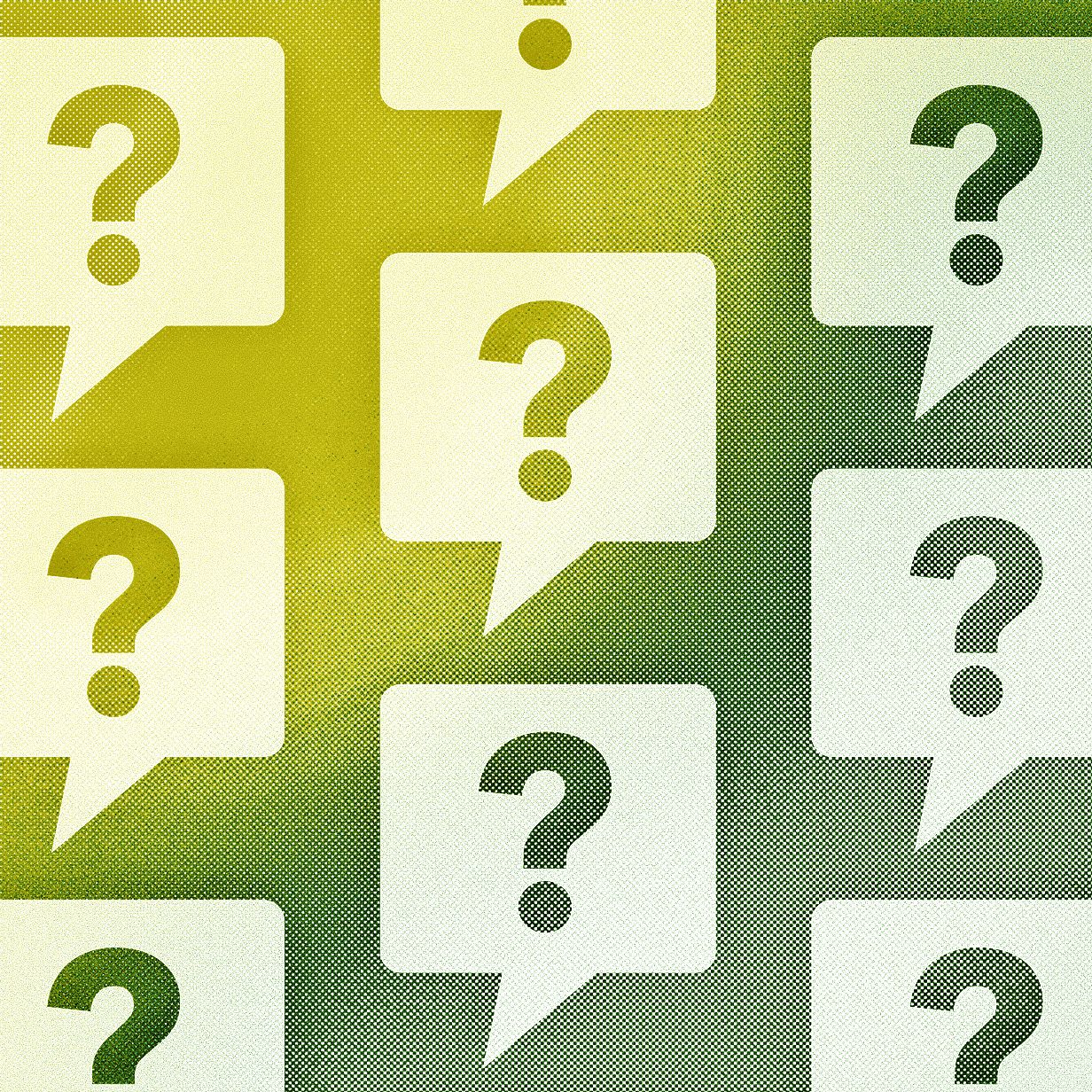
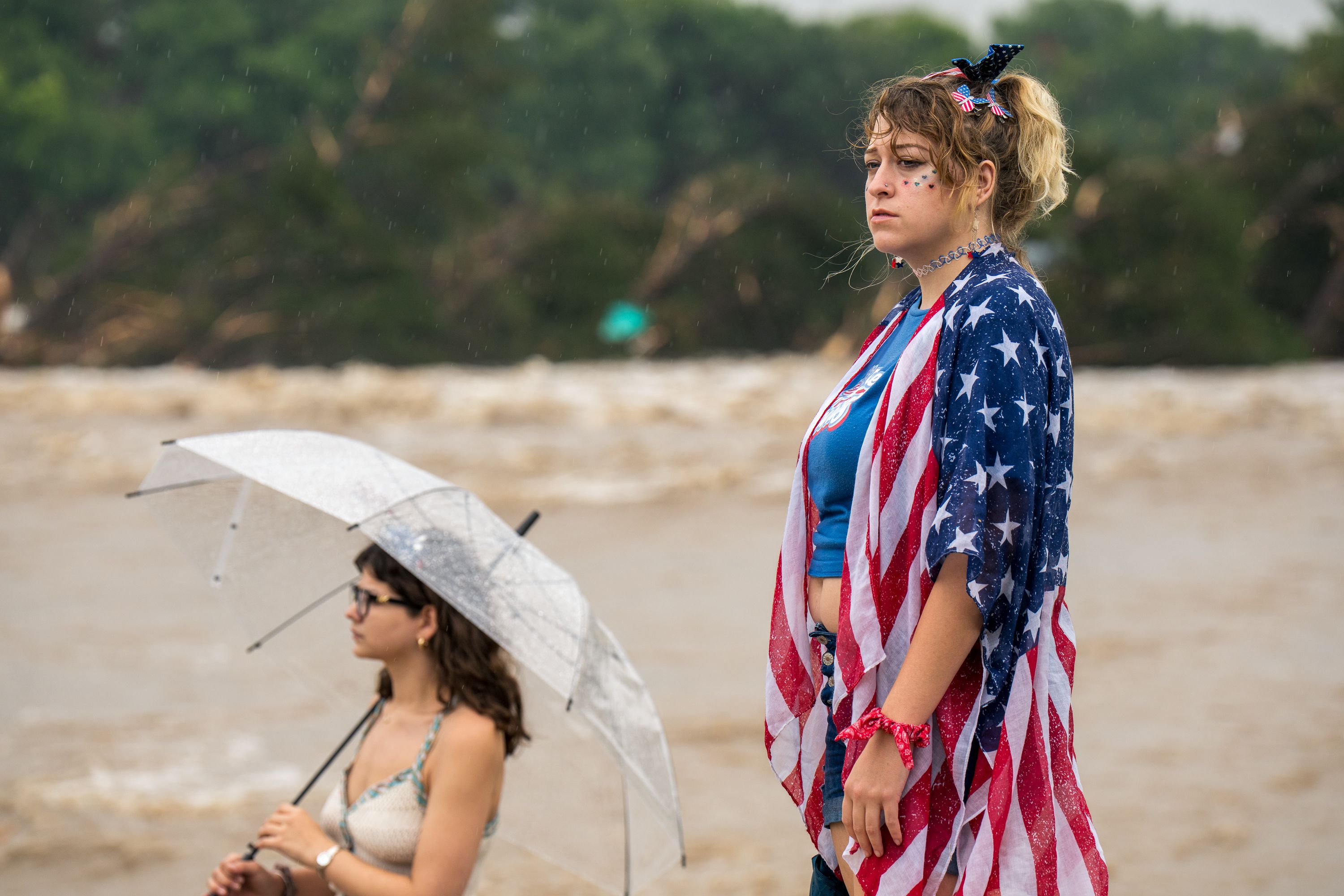
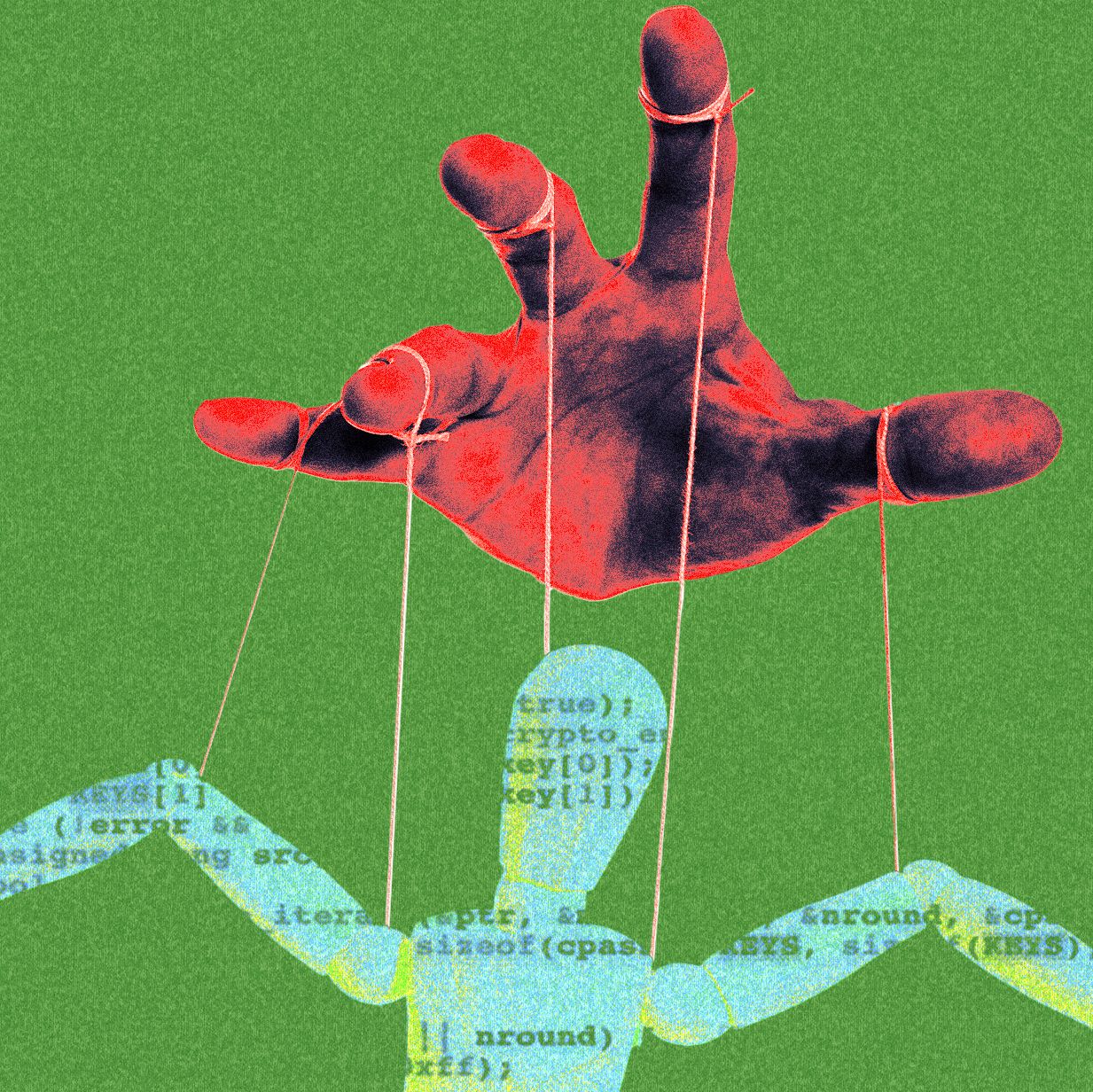
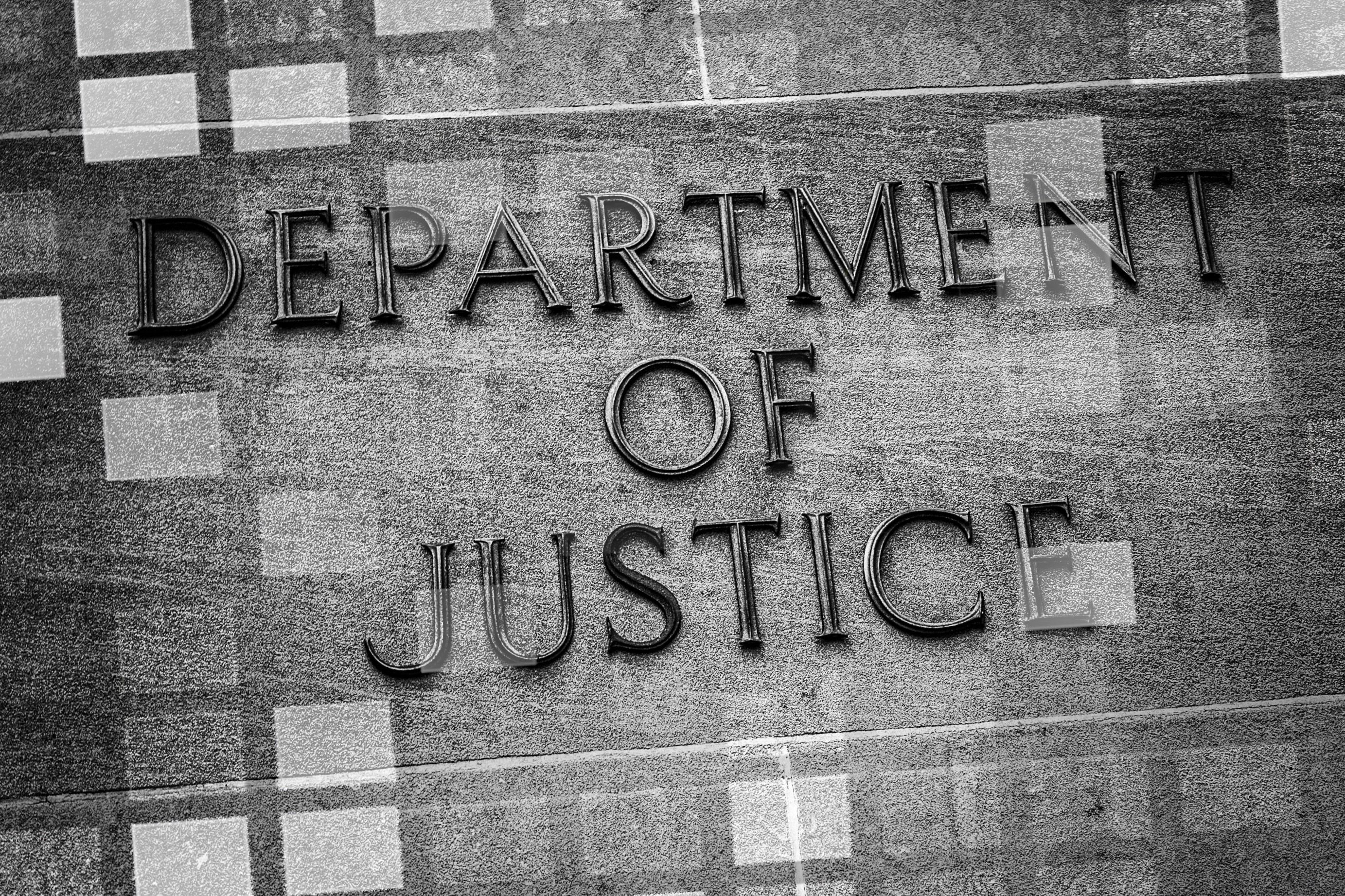
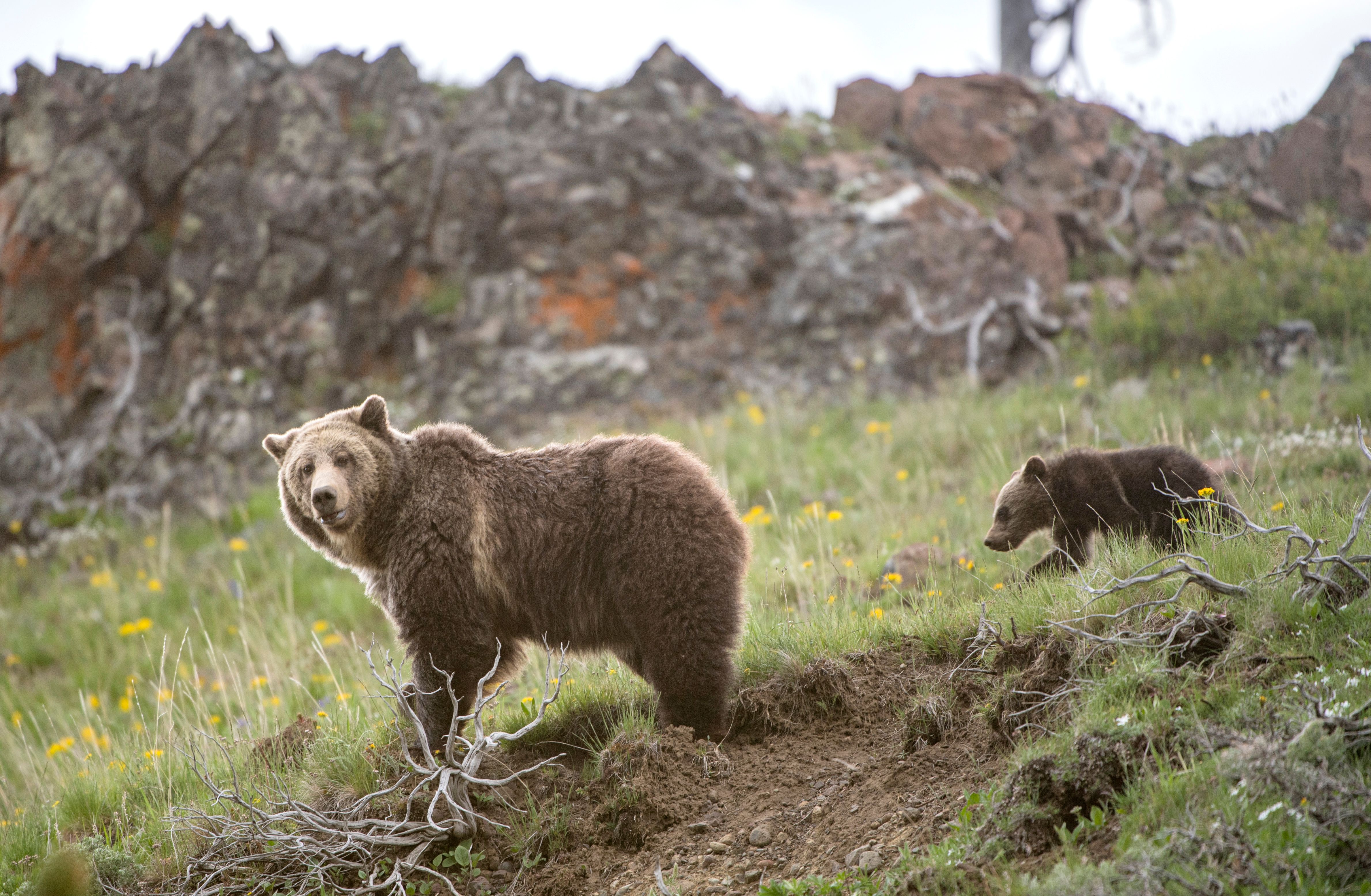
More Stories
Conspiracy Theories About the Texas Floods Lead to Death Threats
Methane Pollution Has Cheap, Effective Solutions That Aren’t Being Used
Why Jolly Ranchers Are Banned in the UK but Not the US